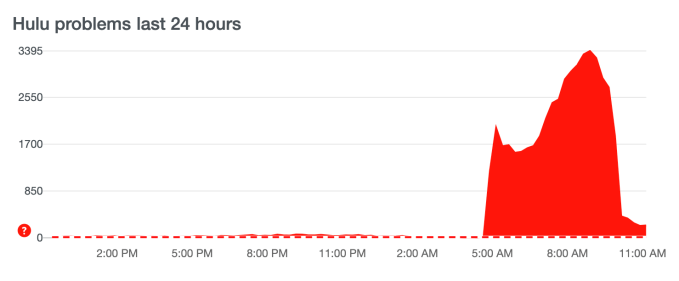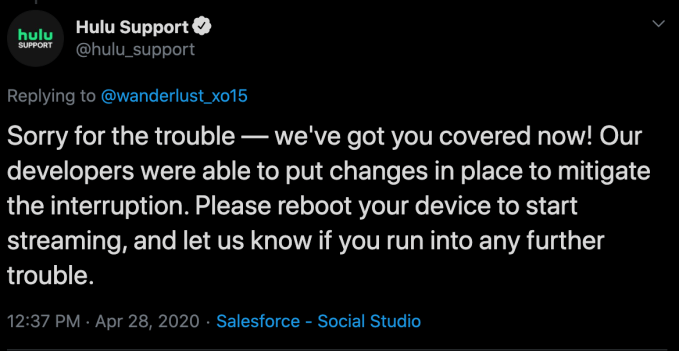Lincoln Motor, the luxury brand under Ford, has canceled plans to build an all new electric vehicle based on Rivian’s skateboard platform.
Crain’s Detroit reported that dealers were informed Tuesday.
Rivian and Ford said in a statement sent to TechCrunch that this was a mutual decision based on the current environment, which was meant to imply that the COVID-19 pandemic was the primary cause. The companies still plan to co-develop a vehicle in the future.
“Given the current environment, Lincoln and Rivian have decided not to pursue the development of a fully electric vehicle based on Rivian’s skateboard platform,” a Lincoln spokesperson said in a statement. “Our strategic commitment to Lincoln, Rivian and electrification remains unchanged and Lincoln’s future plans will include an all-electric vehicle consistent with its Quiet Flight DNA.”
The decision comes one year after Ford invested $500 million into Rivian, a Michigan-based EV startup that is developing an all-electric pickup truck and SUV. At the time, Ford also announced plans to co-develop an electric vehicle with Rivian.
It wasn’t clear until earlier this year what the vehicle would be or under what brand. Ford announced in January that Lincoln and Rivian would co-develop an all-electric vehicle that would likely be an SUV. The Lincoln battery electric vehicle would be built off of Rivian’s flexible skateboard platform, the companies said several months ago.
Ford told TechCrunch that “as we moved through the development cycle, and given the current environment, we determined that it would be better to focus our development efforts on Lincoln’s own fully electric vehicle.”
Ford added that its partnership with Rivian is still strong.
“Our strategic commitment remains unchanged and the company continues to work with Rivian on an alternative vehicle based on Rivian’s skateboard platform,” Ford said without saying what that vehicle would be.
Lincoln has produced two plug-in hybrid vehicles, the Aviator and Corsair Grand Touring, which it unveiled in November at the LA Auto Show. The company has never produced an all-electric vehicle.




